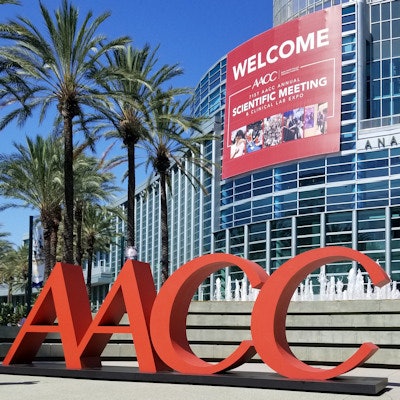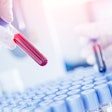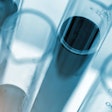
With testing in the spotlight during the COVID-19 pandemic, the American Association for Clinical Chemistry (AACC) has created educational videos explaining serology, polymerase chain reaction (PCR) diagnostics, and more.
The Making Sense of Coronavirus Testing video series tackles topics repeatedly coming up during politicians' press briefings and in the general media, such as why it's difficult to get a test for COVID-19 and how antibody tests should be used. AACC President Carmen Wiley, PhD, addresses challenges labs are facing with supplies needed for testing and President-elect David Grenache provides a review of how antibody tests work, noting that they are not useful when people are recently infected but rather many days or weeks later.
In separate but related news, the AACC also published an article by lab experts explaining the use of antibody tests and how they should be validated (Clinical Chemistry, April 28, 2020).
Manufacturers don't need to do much to bring products to the market -- they are only required to let the U.S. Food and Drug Administration (FDA) know that they plan to do so -- and quality and accuracy have come into question. There has been a dramatic increase in the number of available tests, mostly from companies "with little to no track record in the in vitro diagnostic market," wrote Christopher Farnsworth, PhD, and Dr. Neil Anderson, both of Washington University School of Medicine in St. Louis, in Clinical Chemistry.
In fact, more than 100 companies have notified the agency of plans to offer a serology test and few have secured an emergency use authorization (EUA), they noted.
"This represents an unprecedented release of manufacturer-developed laboratory tests that have not been reviewed by the FDA," Farnsworth and Anderson wrote. "Some have appeared in [nonpeer-reviewed] preprint servers and have both gained attention and generated criticism in the lay press."
The authors explained appropriate use and best practices for labs in validating products.
"Given the lack of scientific rigor regarding the assessment of available serologic assays, it is a necessity that the laboratory community provide thorough examination of these methods and clearly articulate to providers their utility," Farnsworth and Anderson wrote.



















